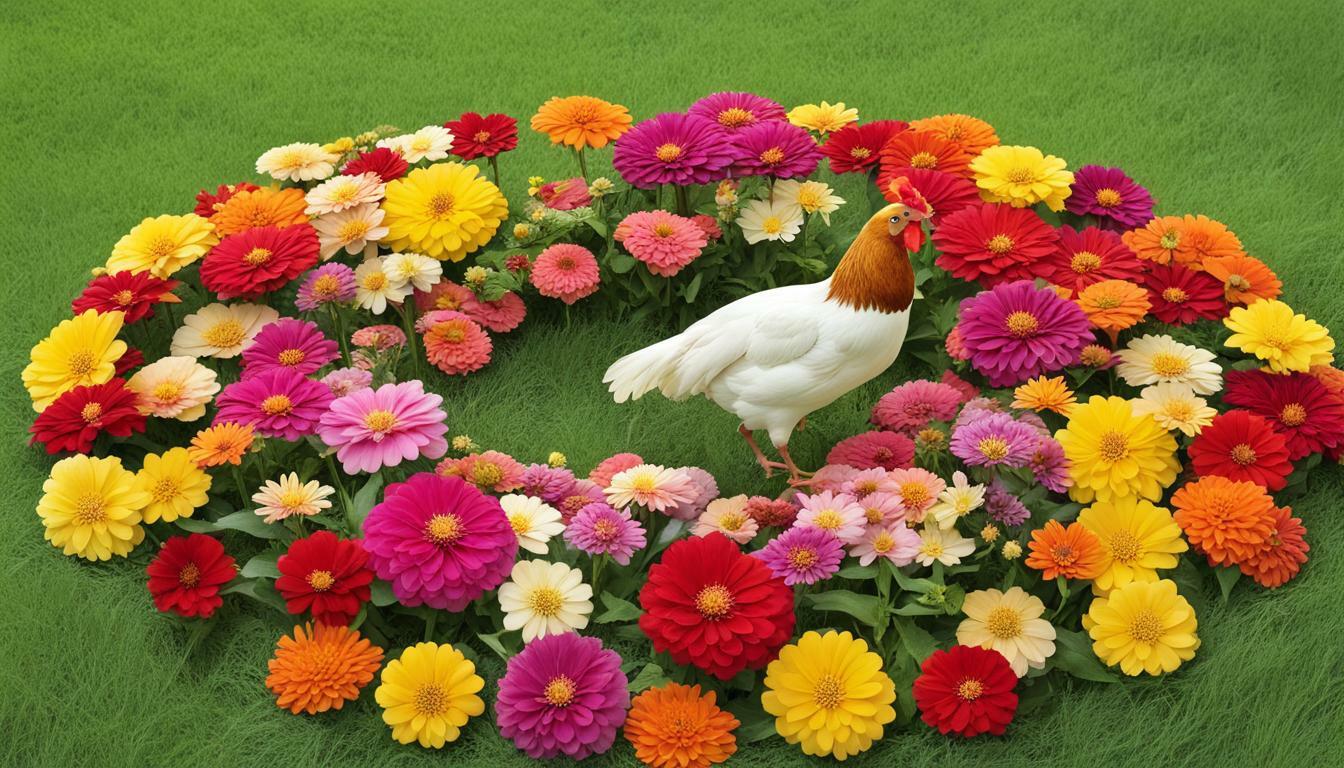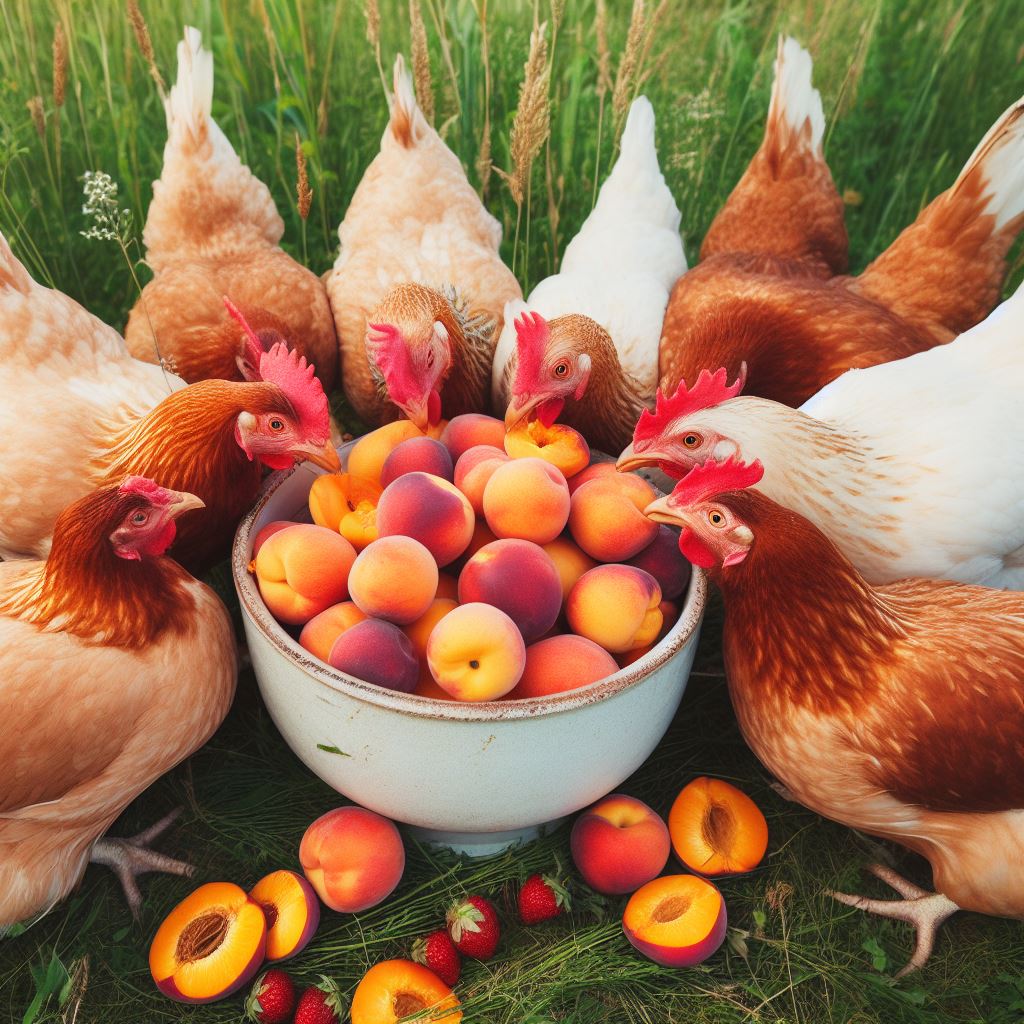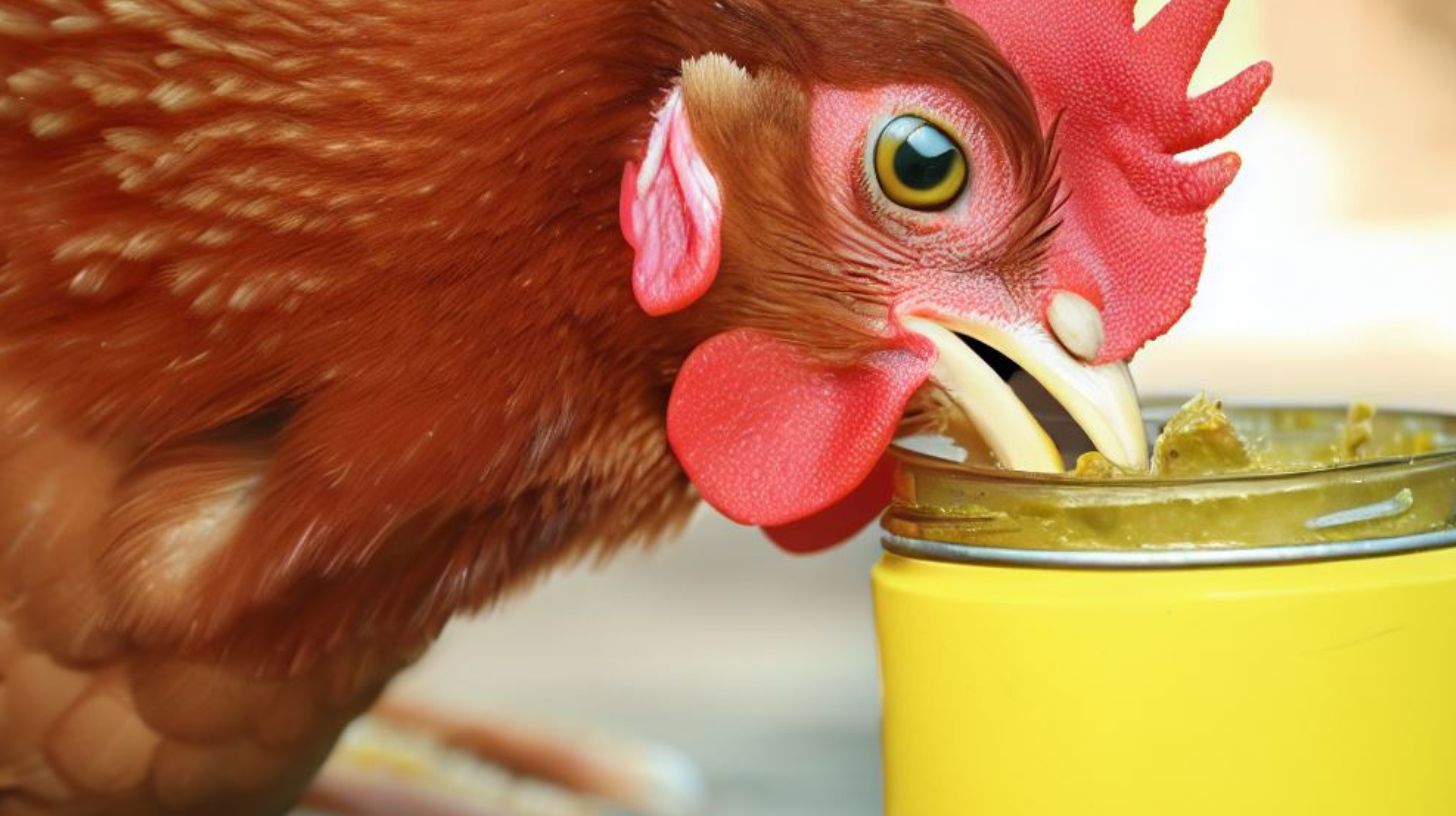Can Chickens Eat Zinnias? Find Out in Our Friendly Guide

Table of content:
- Are Zinnias Toxic to Chickens?
- Do Chickens Like Eating Flowers?
- What Parts of Zinnias Can Chickens Safely Eat?
- How Much Zinnia Can Chickens Eat?
- Are Some Zinnia Colors or Types Safer?
- Health Benefits of Zinnias for Backyard Chickens
- Dangers of Overindulging on Zinnias
- Tips for Safely Feeding Zinnias to Chickens
- FAQs About Chickens Eating Zinnias
- Are zinnia leaves and stems safe for chickens as well as flowers?
- Can baby chicks eat zinnias too or should I wait until they are adults?
- Is it okay for a chicken to eat the roots of zinnias I dig up in the garden?
- Are zinnias safe for my chickens if they have been sprayed with insecticides?
- Can too many zinnias make a chicken sick or overweight?
- How often and how many zinnias can I offer my chickens as a treat?
- Final Thoughts
Do you have a beautiful garden full of colorful zinnias? If you also have backyard chickens, you may be wondering if zinnias are safe for chickens to eat. This article will explore whether chickens can eat zinnias, the potential risks, and how much to offer chickens from your zinnia plants.
Are Zinnias Toxic to Chickens?
Many gardeners grow zinnias because they are such bright, beautiful annual flowers. With their wide variety of colors and sizes, zinnias bring cheer to any garden. But it’s important to know whether these popular flowers are toxic before offering them to backyard chickens.
The good news is zinnias are not poisonous to chickens. The flowers, leaves, stems and seeds of zinnias contain no toxic elements that could sicken or harm chickens if consumed.
Both ornamental and wild zinnias are considered completely edible and safe for chickens to eat. So feel free to offer your flock blooms right from the garden.
Do Chickens Like Eating Flowers?
Chickens are natural foragers with varied diets. When allowed to free-range, chickens will peck, scratch, and nibble at anything that strikes their interest. This includes weeds, grasses, seeds, insect larvae, worms, and sometimes flowers.
In particular, chickens seem most attracted to colorful blooms with a bit of nectar, such as zinnias. They will happily peck at the petals and eat both the flowers and the pollen.
The bright colors and mild sweetness are appealing. Eating zinnias provides chickens with nutrients and enriches their diets. It can also curb boredom and satisfy their natural curiosity.
What Parts of Zinnias Can Chickens Safely Eat?
Chickens can safely consume all parts of the zinnia plant without any issues:
- Petals – The colorful petals contain beta-carotene, which is converted to vitamin A inside a chicken’s digestive system. This supports eye and immune health.
- Pollen – Nutrient-dense pollen provides protein and antioxidants. Chickens will rub against or peck at flowers to get this tasty reward.
- Seeds – Dry, ripe zinnia seeds offer healthy fats and amino acids when eaten by free-ranging chickens.
- Leaves – Young zinnia leaves are tender and appealing to foraging chickens looking for greens.
- Stems – Fibrous stems provide structure and trace minerals. Chickens often scratch zinnias out of the roots to eat the entire plant.
So feel comfortable allowing your flock access to all parts of your homegrown or wild zinnia plants. Every part offers nutrition or enrichment.
How Much Zinnia Can Chickens Eat?
Although zinnias are not toxic to chickens, it’s best to offer them only in moderation as an occasional treat. Zinnias don’t contain enough protein, carbohydrates, or nutrients to form a substantial part of a chicken’s diet.
A few blooms or leaves a couple of times a week will provide enrichment without overfeeding zinnias. Monitor to ensure your chickens are eating a balanced diet and not filling up on flowers alone.
Free-ranging chickens will generally not overindulge just on zinnias, but chickens confined to a run with access to abundant zinnias may be tempted to fill up on the tempting colorful blooms.
Are Some Zinnia Colors or Types Safer?
All varieties and colors of zinnias, both wild and ornamental, are considered safe for chickens to consume.
However, some gardeners wonder if red zinnias or other dark colors are more toxic. This is not the case – the pigments that give zinnias their vibrant colors do not affect safety or toxicity.
The only potential concern could come from pesticides or other chemicals sprayed on ornamental zinnias. To be safe, offer your flock only organic, homegrown zinnias you have not treated with any harsh chemicals.
Health Benefits of Zinnias for Backyard Chickens
Beyond being a safe, non-toxic treat, zinnias offer many health benefits for chickens:
- Zinnias provide carotenoids like beta-carotene and lutein that are converted to vitamin A inside a chicken. Vitamin A supports eye and reproductive health.
- The nectar and pollen contain antioxidants that combat inflammation and boost immunity.
- Seeds offer protein and healthy fats for growth and production of eggs.
- Fibrous stems and leaves aid digestion and deliver trace minerals like calcium, magnesium, and iron.
In moderation, zinnias can be a nutritious supplement to a commercial feed diet. The flowers also encourage natural foraging behaviors.
Dangers of Overindulging on Zinnias
Eating a few zinnias will not harm your chickens. However, overindulging could cause some issues:
- Too many flowers may reduce appetite for balanced feed needed for good nutrition.
- High amounts of zinnias could lead to loose droppings since they are not very digestible.
- Chickens filling up on low-calorie flowers could lose weight from insufficient protein and carbohydrate intake.
- Excess zinnias may impact egg-laying since they do not provide enough nutrition to support high production.
That’s why it’s smart to offer zinnias only as a supplemental treat a couple of times a week, rather than allowing chickens to have unlimited access.
Tips for Safely Feeding Zinnias to Chickens
Here are some tips to safely and successfully offer backyard chicken zinnias from your garden:
- Introduce zinnias slowly to observe how your chickens react and if they enjoy them.
- Pick colorful, aromatic blooms that are most likely to entice your chickens.
- Choose organic zinnias you have not treated with herbicides, pesticides, or other chemicals.
- Chop or crush flowers to release the nectar and make biting easier for chickens.
- Hand out blooms yourself rather than allowing free access to prevent overeating.
- Offer zinnias 2-3 times per week as an occasional treat alongside their normal feed.
- Make sure chickens always have access to plenty of clean water, grit, and balanced feed.
- Remove and dispose of any zinnias that wilt, turn brown, or collapse to prevent mold or bacteria.
With a little precaution, your chickens will benefit from enjoying the bright colors and flavors of fresh zinnias straight from your garden. The foraging and treat will make for happy backyard chickens.
FAQs About Chickens Eating Zinnias
Here are answers to some common questions about the safety of chickens consuming zinnia flowers and plants:
Are zinnia leaves and stems safe for chickens as well as flowers?
Yes, all parts of the zinnia plant are edible and safe for chickens. The leaves contain vitamins while the stems provide fiber.
Can baby chicks eat zinnias too or should I wait until they are adults?
Young chicks can start enjoying small amounts of blooms, leaves, or seeds once they are 2-3 weeks old and eating treats alongside starter feed.
Is it okay for a chicken to eat the roots of zinnias I dig up in the garden?
It is fine if chickens eat the zinnia roots as well. The roots are not toxic. Just be sure also offer them the rest of a balanced diet.
Are zinnias safe for my chickens if they have been sprayed with insecticides?
If your zinnias have been treated with any chemical pesticides or insecticides, it is safest not to offer those plants to your chickens due to toxicity concerns. Stick to organic, untreated zinnias.
Can too many zinnias make a chicken sick or overweight?
It’s unlikely chickens will overindulge in zinnias on their own. But if allowed unlimited access, they could potentially fill up on low-calorie flowers instead of feed, impacting health and weight over time. Moderation is key.
How often and how many zinnias can I offer my chickens as a treat?
A few blooms or leaves 2-3 times per week make a healthy treat without risking health effects. Monitor your chickens to see if this seems like the right amount or if you need to adjust.
Final Thoughts
With their beautiful colors and mild sweet taste, zinnias are an appealing treat for backyard chickens allowed to free-range through ornamental and wildflower gardens. While zinnias are completely edible and non-toxic for chickens, it’s healthiest to offer just a few flowers or leaves a couple of times a week. This prevents issues from overindulging while allowing chickens to benefit from the nutrition and enrichment. With a little moderation, zinnias and chickens can brighten up any backyard or garden.
Welcome. I’m Adreena Shanum, the proud owner of this website, and I am incredibly passionate about animals, especially poultry. I founded adreenapets.com as a labor of love, stemming from my desire to share my knowledge and experiences with poultry enthusiasts worldwide.




